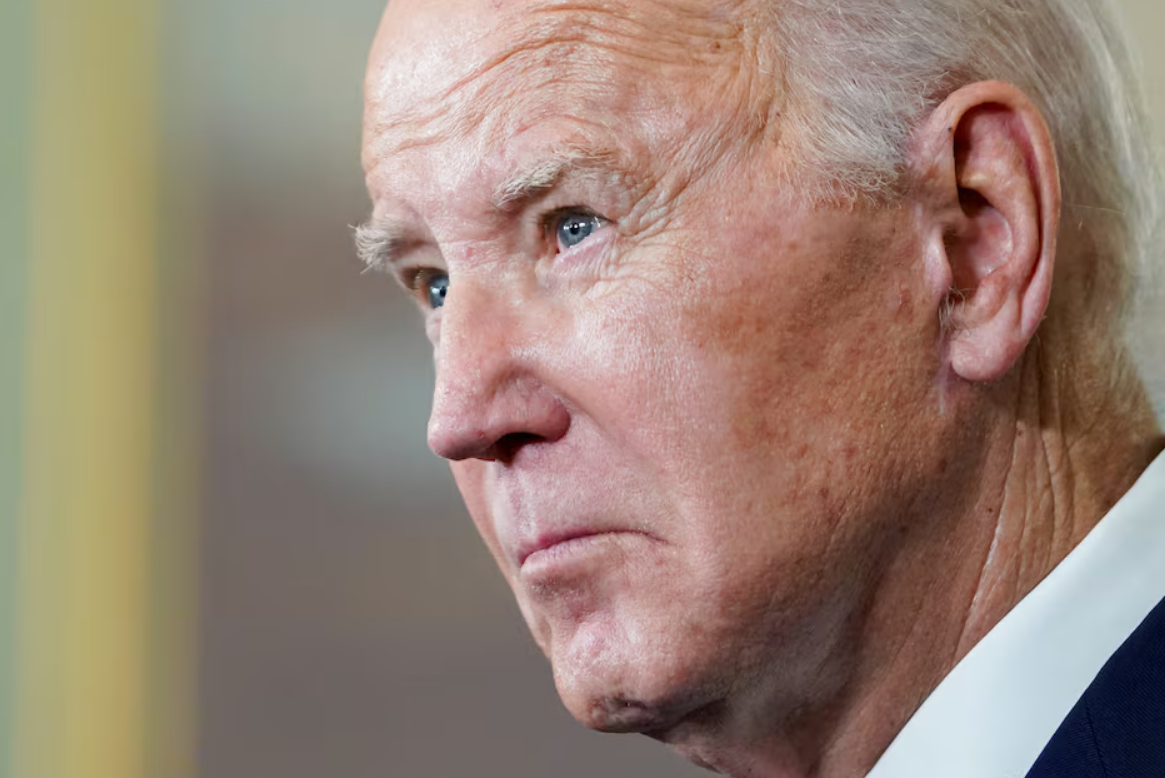U.S. President Joe Biden is poised to unveil new China tariffs as early as next week, targeting strategic sectors such as electric vehicles, according to sources familiar with the matter. The forthcoming announcement, anticipated to occur possibly on Tuesday, is expected to largely uphold existing levies, as indicated by one of the sources. However, there’s a possibility of a delay in the announcement, the same source added.

Among the specific sectors targeted are semiconductors and solar equipment, one source disclosed. While precise details regarding the value and categories of tariffs remain unclear, the administration is said to have focused on areas of interest within strategic competitive and national security realms, another source revealed.
The U.S. Trade Representative’s office had submitted its recommendations to the White House several weeks ago. However, the final announcement was postponed as the package underwent internal deliberations, according to sources familiar with the matter. Seeking re-election in November, Biden, a Democrat, aims to differentiate his approach from that of Republican candidate Donald Trump, who had proposed across-the-board tariffs viewed by White House officials as excessively broad and likely to spur inflation.
Both the White House and the U.S. Trade Representative’s office declined to comment on the matter. The story was initially reported by Bloomberg News. The potential measures could provoke retaliation from China amid heightened tensions between the two largest economies globally. Trump’s broader tariff imposition during his presidency from 2017 to 2021 had elicited retaliatory measures from China.

While Biden has emphasized his reluctance for a trade war with China, he acknowledges the existence of a new era of competition between the two nations. Both 2024 candidates have veered significantly from the free-trade consensus that once prevailed in Washington, particularly since China’s accession to the World Trade Organization in 2001. In 2022, Biden initiated a review of the Trump-era policy under Section 301 of U.S. trade law. Last month, he proposed substantially higher U.S. tariffs on Chinese metal products, albeit with a narrow focus, targeting steel and aluminium products valued at over $1 billion, according to a U.S. official.
Additionally, Biden announced an investigation into Chinese trade practices across the shipbuilding, maritime, and logistics sectors, potentially paving the way for further tariff implementations. The Biden administration has also been urging Mexico to prevent China from indirectly selling its metal products to the United States through the neighbouring country. China has condemned the tariff measures, deeming them counterproductive and detrimental to both the U.S. and the global economy.






